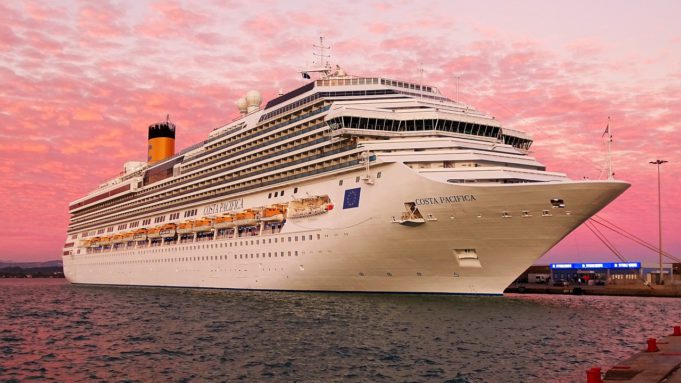If you are considering your first cruise, one of your major concerns may be whether or not you will get sea sick.
Much of the answer to your concern lies in your motion sensitivity, but there are some things you can do to prevent, and deal with, sea sickness on your next cruise holiday.
Choose the right location
The location of your cruise and the season you choose to take it in can have a significant impact on whether or not you are likely to feel seasick. By choosing calmer routes and shorter itineraries, you can avoid the dreaded ‘choppy waters’ and have a relaxed, calm journey.
Locations such as the Gulf of Mexico and the Caribbean are known to have calm and relaxing waters, while Greece’s Aegean Sea can be particularly choppy throughout the winter months.
By planning your route in advance and choosing a cruise that travels through calm waters, you are less likely to suffer from the symptoms of sea sickness, which include things such as dizziness, headaches, vomiting and nausea.
Choose a modern ship
Large, modern cruise ships come with more advanced stabilisers, which were designed to suppress the ship’s motion during rough sea conditions and bad weather. Indeed, some cruise ships, such as the ones offered through luxury providers such as Imagine Cruising, are so smooth that you feel virtually no movement at all.
Smaller or older ships are more likely to struggle in adverse weather conditions, and as such, make you feel sea sick. Therefore, choosing a modern ship will offer maximum comfort.
Choose your cabin wisely
Choosing the right cabin can be an important part of your holiday – the chances are you’ll want to find the most luxurious cabin that you can afford. However, those prone to sea sickness should consider booking a cabin in the lower decks of the ship, and toward the middle of the vessel. These cabins offer the smoothest ride throughout your trip, while higher decks at the front of the ship will suffer the most motion.
Take an acupuncture treatment
If all else fails and you still feel sea sick during your cruise, then take advantage of your cruise liner’s medical care and beauty facilities. Many cruise ships now offer services such as acupuncture treatments, known to alleviate some of the symptoms of seasickness and make you relaxed.
Avoid ‘powers of suggestion’
If you believe that you’re going to get sea sickness, then the chances are that you will. Catherine Saint Louis of The New York Times recommends “emptying your brain” and focusing on nothing when you’re concerned about sea sickness symptoms, effectively shutting down the condition.
Take travel tablets
If all else fails, you can rely on medication which blocks signals to your vestibular system and prevents seasickness. Although popping pills may not be at the top of your holiday agenda, they are a short-term fix for those struggling on board a cruise ship.
Although every person is different, taking on board some of the advice offered in this article should help reduce the symptoms of seasickness and make you realise that the condition doesn’t have to ruin your holiday. Bon voyage!














